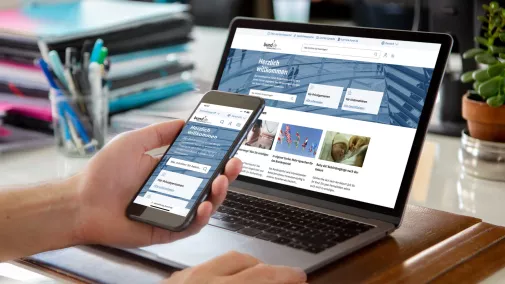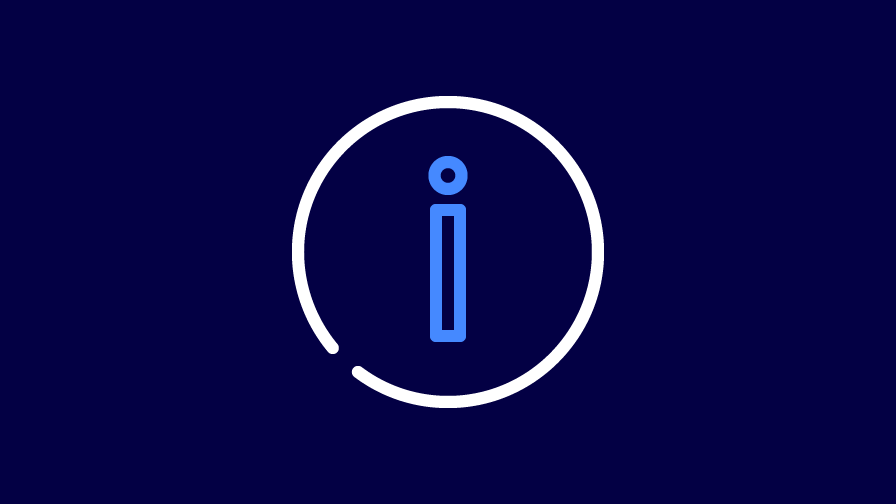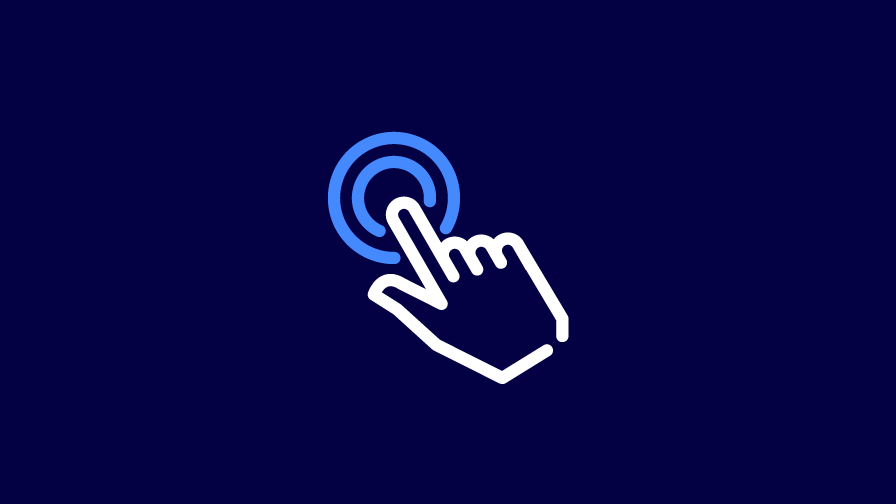
Faster digital administration with the Production Line
Germany’s public sector is under growing pressure to accelerate digital transformation. The aim is to enable citizens to carry out administrative tasks securely and conveniently from home, while helping businesses save time and cut bureaucratic costs. These are the central requirements of the Online Access Act (OZG). However, responsibility for implementation lies with each individual authority
Each authority can now digitise application forms and administrative processes independently – or use the Federal Portal and the Bundesdruckerei’s “Production Line” solution, and, as Dorothea Schneider puts it, “sit back and reap the rewards.” Schneider heads the Digital Government Solution Management Team at the Bundesdruckerei Group.
At first glance, the term production line may suggest a factory producing freshly printed passports or driving licences. But, in fact, the end product is digital — e.g. an online form that a public authority can publish via the Federal Portal.
Digitising forms – as easy as baking bread?
The idea of supporting federal authorities in digitalisation with a form “production line” originated at the Federal Ministry of the Interior and Community. A state secretary at the time issued the following directive: “Digitising forms must be as quick and easy as baking bread”, Schneider recalls.
The solution manager likes the comparison, but points out that, in reality, it is not quite that simple. “Yes, from a technical perspective the conversion from analogue to digital can be completed quickly. But the real challenge lies in clarifying the technical requirements ahead of time.” In doing so, data protection and other legal requirements must be taken into account, as well as matters of accessibility and user-friendliness. These are discussed by Bundesdruckerei specialists in collaboration with the client. The Production Line team sees itself as an enabler and intermediary between the authorities and IT. Once the key issues are resolved, the digitisation process runs semi-automatically..
To date (as of October 2024), the Production Line team has already supported around 49 federal authorities and created more than 290 digital forms. The most frequently used form at present is the application for an integration course – a crucial service aimed at helping refugees and newcomers settle in Germany. The responsible body is the Federal Office for Migration and Refugees.
The digital forms are then published in the Federal Portal, the central administrative platform of the federal government, which also maps services provided by the federal states and municipalities. Citizens and businesses can find clear and easy-to-understand information on all administrative services in Germany in the Federal Portal. Many federal-level services can be applied for directly within the portal. For state or municipal services, users are redirected to the relevant websites. Every process that can be completed fully online eliminates the need to visit an office and improves the efficiency of administrative workflows.
Simple, Modular Form Creation for the Public Sector
The advantages of the Bundesdruckerei’s Production Line are clear: public authorities benefit from the expertise of its IT specialists and developers, as well as from a robust IT infrastructure featuring semi-automated processes. They receive service and updates and only need to ensure that the content of their forms remains up to date. The comprehensive Production Line package makes administrative processes more convenient and cost-effective.
Soon, a new tool will be made available to all public authorities, enabling them to create digital forms and applications for the Federal Portal independently — using a simple modular system. “The user interface is intuitive. The user interface is easy to navigate. In future, users will be able to assemble form fields via drag and drop, preview the result, and publish it directly to the Federal Portal”, explains Product Manager Rebekka Gerlach from Dorothea Schneider’s team. A pilot project using federal authorities as test customers is already underway. The team’s goal is to roll out the form builder to a wider audience in the first quarter of 2025.
Your contact person
Maria Konrad (maria.konrad@bdr.de)
+49 (160) 4001507
One for all: Reuse saves effort and Costs
Digital public services are most efficient when authorities adopt proven solutions from others rather than developing their own solutions. This approach is known as reuse, or more accessibly within the public sector as “One for All” (EfA). The principle also leverages synergies between federal, state, and local government bodies.
One such EfA pilot project, run by the Bundesdruckerei and the City of Hamburg, involves digitising the process of reporting a lost ID card. This is a standardised service that is carried out in the same way across all federal states. The digital form provided by the State of Hamburg could then be adopted by other federal states.
“Every service offered online saves citizens a trip to the local office. The more authorities integrate their services into the Federal Portal, the more valuable the portal becomes”, says Schneider. The Federal Portal continues to grow in both content and functionality. “Our ambition is to provide citizens and businesses with up-to-date, accessible information on all public services — and to integrate an increasing number of digital forms. Over time, we aim to cover all core features of digital public service delivery, such as document sealing and online payments”, she explains.
Authorities or government institutions whose use cases cannot be covered by the Federal Portal will in future be able to adopt its basic technical framework as a blank template and operate it as an independent portal with the same functions but with their own appearance. Users of the Federal Portal would be redirected there and would hardly notice the transition, as they would not have to reorient themselves on a completely differently structured website. “It’s all about providing the best possible user experience”, Schneider adds.




